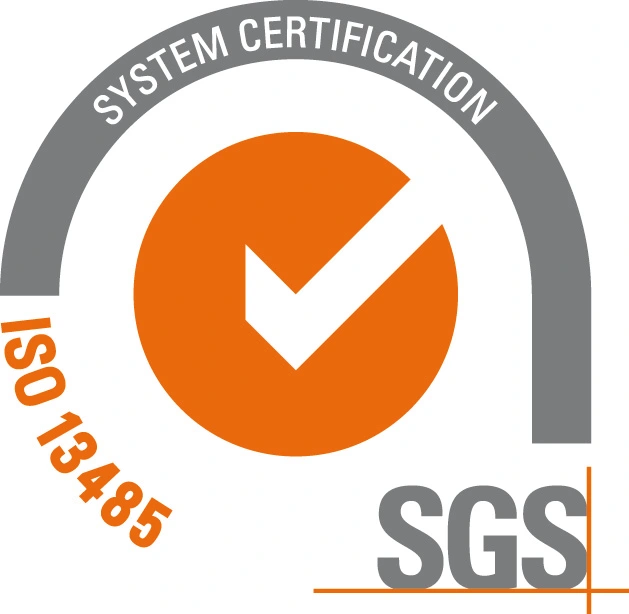TURN-KEY PCB ASSEMBLY: BITTELE ELECTRONICS
PCB MANUFACTURING AND ASSEMBLY
Full Turn-Key PCB Manufacturer
You can quickly get quotes and order PCB fabrication and assembly using our online system. Take advantage of exclusive automatic discounts with our tool. Our BOM pricing tool ensures you receive the lowest price for your order.
START A TURN-KEY PCB ORDER
What tests do PCB Assembly houses perform?
In the electronics manufacturing industry, PCBA houses play a vital role. PCBA (Printed Circuit Board Assembly) is the core part of the entire electronic product center, so the reliability and stability of quality are crucial to the performance of the product.
In order to ensure the quality of PCBA products and meet the requirements of specifications, PCBA factories conduct various tests and quality control processes. This article will introduce several major tests that PCBA factories can perform under normal circumstances.
Electrical Testing
Electrical testing is one of the essential tests in PCB assembly providers, which detects whether the circuit connections and functions are working properly. This test uses specialized test equipment and instruments to check the connection of nodes and components on the circuit board by applying voltage or current. Through electrical testing, any problems in the circuit design or manufacturing process can be found and the electrical performance of the PCBA can be ensured to meet the requirements.
Environmental Testing
Environmental testing is to simulate and evaluate the reliability and stability of PCBA in the actual working environment. Common environmental tests include temperature cycle test, humidity test, high temperature test, low temperature test and vibration test. These tests can simulate the working conditions of PCBA under harsh conditions to verify its performance and tolerance.
Other test items
For example, solder joint inspection or soldering reliability test is used to evaluate the quality and reliability of solder joints. X-ray inspection or AOI (automatic optical inspection) is used to check the position, misalignment and defects of components. These test items can detect and repair potential problems early to ensure the quality of PCBA manufacturing.
Functional testing
Functional testing checks the functionality and performance of PCBAs by simulating actual product usage scenarios. This testing can include testing for specific functions, such as testing of communication modules, testing of sensors, etc. Functional testing ensures that PCBAs can work properly in different application environments and meet design and specification requirements.
Special custom tests
According to customer needs, PCB assembly companies can carry out specific testing projects, such as specific EMC (electromagnetic compatibility) testing, safety testing, and reliability testing, etc. These tests can be customized according to the needs of different fields and industries to ensure the quality and credibility of PCBA products.
In summary, PCB assembly houses conduct multiple tests as a key step to ensure product quality and performance. From electrical testing to environmental testing, to functional testing and custom testing, each step plays an important role. Through these tests, PCBA factories can ensure that products meet design and specification requirements and provide high-quality and reliable PCBA products.
Related Articles:
Please briefly describe the information you are seeking in the search bar below.






 English
English